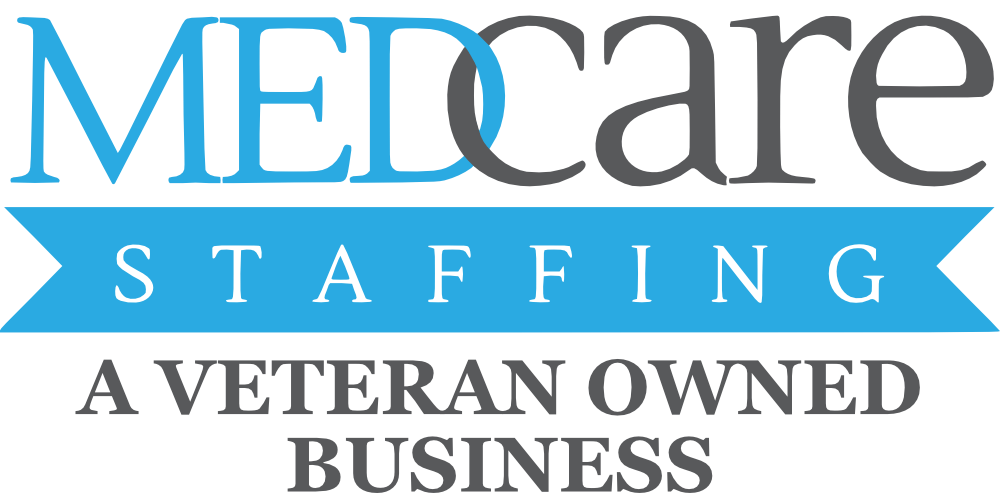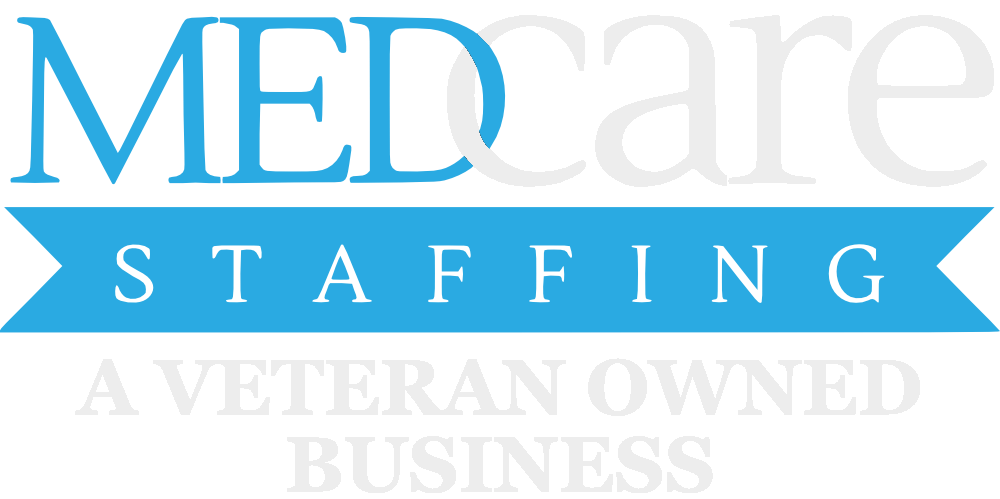
SLEEP. Snooze It Or Lose It: Why It’s Important To Get Your ZZ’s At Night!
Sleep, it does a body good. You find yourself tossing and turning unable to shut your eyes. It’s 3 am and you are wide awake looking up at the ceiling contemplating the universe wishing for Mr. Sandman to bring you a dream.
Blame it on the elections, daylight savings, or that last latte you had at 5pm, you are not the only sleep deprived person in the world. More than 50 to 70 million Americans suffer from disorders such as sleep apnea, insomnia and restless leg syndrome. The US Centers For Disease Control and Prevention state that a third of Americans get fewer than 7 hours of sleep per night.
Less Sleep Equals Greater Human Error
Studies show that sleepiness and fatigue contribute to greater human error. Fatigue contributes to human error and accidents in technology-rich industrialized societies. On March 24, 1989, the Exon Valdez oil spill released the equivalent of 17 Olympic swimming pools of oil into Prince William Sound, Alaska. The Exxon Shipping Company failed to provide a rested and sufficient crew for the Exxon Valdez. Short- and long-term economic effects were felt which included increased sickness from the cleanup crew.
Is Sleep Deprivation Your “Normal?”
Lack of sleep on a nightly basis can become habitual. Because not sleeping a full 7- 10 hours a night, is not be your ‘normal,’ you probably don’t even realize you are sleep deprived. You are yawning and sleepy by day trying to stay awake with that extra cup of coffee or energy drink while seeing your 10th patient. Anxiety and depression take over while your body is seeking to find balance.
Sleep Hygiene
Sleep hygiene is a behavioral practice developed in the 1970’s to help people with mild to moderate amounts of insomnia achieve adequate amounts of sleep. Insomnia is often caused by bad habits. Some tips we found on SleepFoundation.com offer this for better sleep hygiene:
- Prioritize rest: treating sleep as a priority in your life is crucial. Targeting a nightly bedtime along with a wake-up schedule could optimize better nights rest.
- Develop a bedtime ritual: budgeting 30 minutes each night as wind down relaxing time, which may include a warm bath, light stretching, reading or soft music.
- Focus on relaxation.
- Turn off all electronics at least 1-2 hours before bed and dim your lights.
- Use excellent bedding.
- Set cool comfortable temperatures.
- Block out light with heavy curtains and or sleep masks.
- Drown out noise with ear plugs.
- Try calming scents like lavender to induce a calmer state of mind.
Daytime routines such as exercise, decreasing caffeine intake, and reducing alcohol consumption can also help you get better Z’s at night. Getting enough sunlight is important since it’s one of the key drivers of circadian rhythms. Avoid late night meals that can be spicey and heavy. Digestion during sleep can also cause disruptions.
Could Repressed Trauma Be Causing Your Sleep Issues?
“If a person has been diagnosed with chronic insomnia, the only treatment that has been shown to have long-term benefit is cognitive behavioral therapy, “says Dr. Kushida in a study conducted in 2018. “Medications really should be considered short-term treatments, because patients tend to develop dependence on, or tolerance to, hypnotic drugs. Dr Kushida further states “A person might be an OK sleeper for several years, and then suddenly experience a traumatic event, such as the loss of a job, a divorce, or the death of a loved one, resulting in very poor sleep,” says Dr. Kushida. “Down the road, that person might obtain a better job, overcome grief, or find a new relationship, but continue to experience insomnia. We think in some cases the transition from acute insomnia to chronic insomnia occurs because the behavioral event triggers something in the person’s physiology that may lead to long-term changes. Once they are in a chronic insomnia phase, we tell patients that CBT is the only truly effective intervention.”
Getting the appropriate amount of sleep on a nightly basis is key to a safe and productive work and personal lifestyle. Not all sleep strategies may work for everyone. It’s best to experiment with different techniques and find out what works best for you. If you have tried various sleep hygiene and lifestyle enhancement techniques and you are still tossing and turning, it’s best to consult a healthcare professional.
.
References

